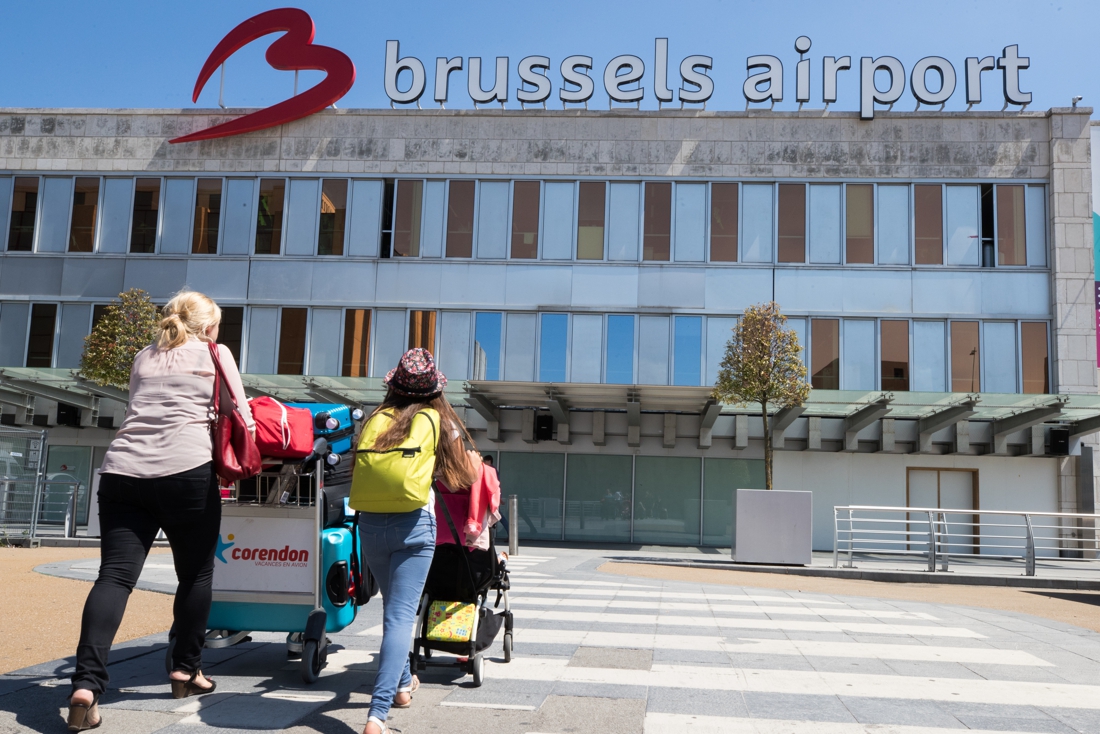JAKARTA, AYOBANDUNG.COM — Just like the coronavirus, the vaccine that protects against Covid-19 can affect everyone differently. Some people have no side effects, but others have to be bedridden for several days.
While some people build strong immunity after getting the shot, others are not so lucky. While it is difficult to predict how you will respond, medical experts warn people with autoimmune disorders, or those taking immune suppressants, may not have a strong response.
A new study finds one group of people tend to experience decreased immunity after being vaccinated. In fact, half of them had no antibodies after vaccination.
A study published in the Journal of the American Medical Association found that 46 percent of transplant patients who received two doses of the Moderna or Pfizer vaccine did not produce any results Covid-19 antibodies. The good news is that 40 percent of the 658 transplant patients studied did not have antibodies after their first vaccination, but developed antibodies after the second injection. However, it still leaves the vast majority of patients without any protection against Covid-19.
“It’s really a lot more contrast than we thought,” said Dorry Segev, a transplant surgeon at Johns Hopkins Hospital.
The Mayo Clinic study, published in the American Journal of Transplantation, also raised concerns that transplant patients appear to have a reduced immune response to the Covid-19 vaccine. The small study looked at seven organ transplant recipients diagnosed with Covid-19 at the Mayo Clinic in Florida, after receiving one of the mRNA vaccines, from Pfizer or Moderna.
Two patients have been given one dose, and five have been fully vaccinated. Five of the patients were hospitalized, three of whom required oxygen after they were discharged. Only one patient had antibodies against Covid-19.
The research team therefore estimated the infection rate in vaccinated solid organ transplant recipients to be 10 times higher than in the general population. “This study is an eye-opener for the transplant community,” said Hani Wadei, lead researcher and a nephrologist at the Mayo Clinic Transplant Center.
All individuals, especially transplant patients, should continue to follow protective measures, such as social distancing, wearing of masks, and regular hand hygiene. Another study, published earlier this month in the journal Annals of the Rheumatic Diseases, looked at two groups of people vaccinated against Covid-19.
A total of 84 patients with autoimmune diseases (such as rheumatoid arthritis, inflammatory bowel disease, psoriasis, and certain types of disease) and 182 healthy participants. In the latter group, all but one patient developed antibodies to Covid-19. In the first case, as many as one in 10 people fail to develop any antibodies.
In particular, studies have shown that patients taking methotrexate (sold as Rheumatrex, Trexall, Otrexup, Rasuvo) and rituximab (Rituxan) for autoimmune disease respond poorly to vaccines. That’s because the drugs suppress the immune system so the disorder, which causes your immune system to become overactive, is kept under control.
Like Wadei, the Centers for Disease and Prevention (CDC) warns people with compromised immune systems, including those who have had organ transplants, should continue to wear masks even after being fully vaccinated.
“If you have a condition or are taking medications that weaken your immune system, you may not be fully protected, even if you have been fully vaccinated,” he says.
Even after vaccination, the CDC writes that people with compromised immune systems may need to continue to take all precautions. CDC Director Rochelle Walensky delivered the guidance during an appearance on NBC’s Meet the Press on May 16.
“We know that if you don’t have a fully competent immune system from chemotherapy, from transplants, from other immune modulating agents, that vaccine may not work as well for you. So please, before you take off your mask, consult a doctor.” said Walensky.
– .


